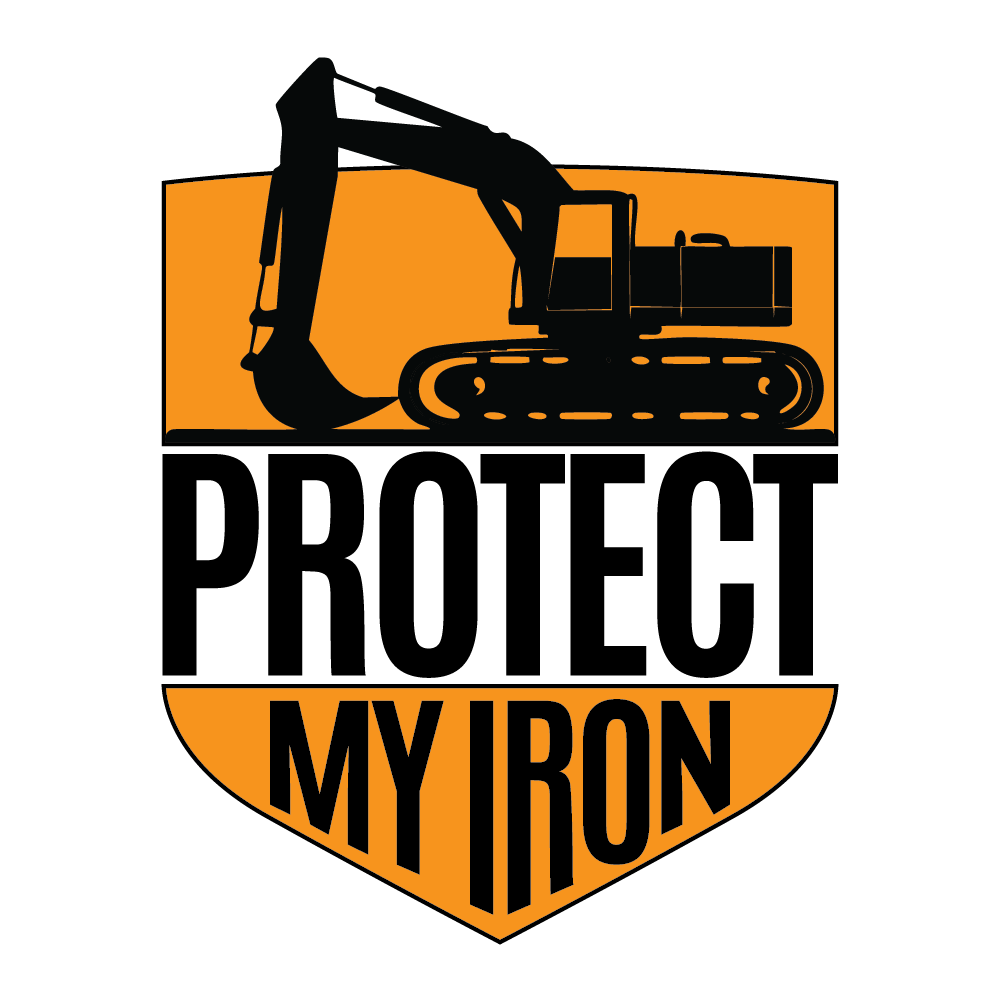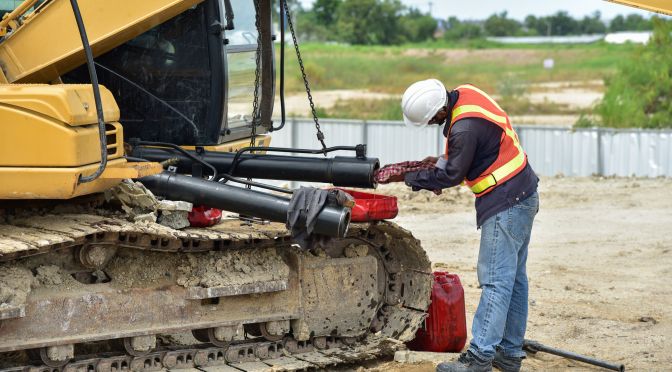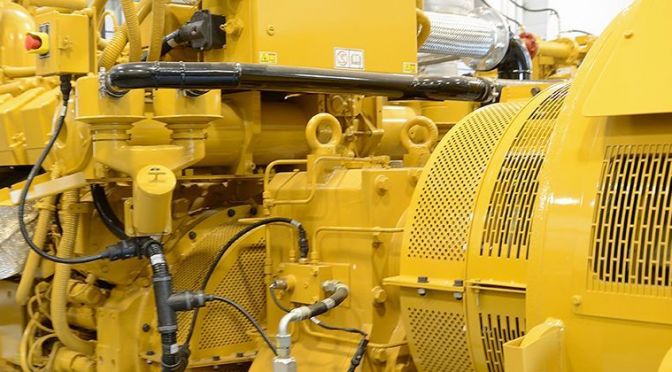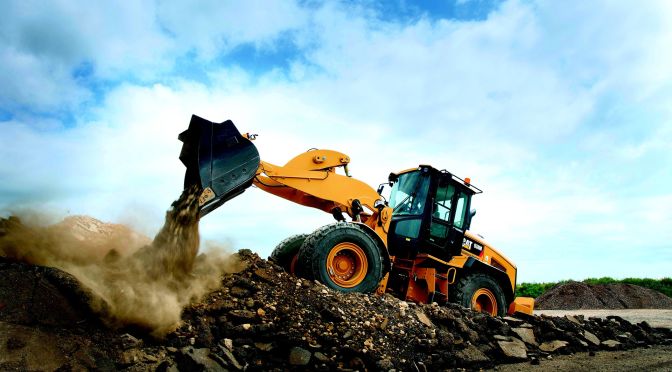Skid steers and compact track loaders (CTLs) have become essential machines for many different types of worksite fleets, thanks to their well-deserved reputation for toughness and reliability despite their smaller size. Following a thorough preventive maintenance routine ensures these vital workhorses continue to provide peak performance, and it can help avoid having to make a claim on your skid steer warranty.
Tires or tracks, skid steers and compact track loaders are sure-footed no matter the terrain or soil conditions. And their versatility makes them useful across a broad range of construction and other applications. One of the beauties of having a skid steer with a robust hydraulic system is that it opens up the possibility to employ an endless array of attachments. That makes your hydraulic system is the most important part of your loader.
That said, owners and operators don’t necessarily think about how heavily skid steer hydraulic systems are affected by everyday wear and tear.
HOW IT WORKS
The hydraulic system is behind everything the loader does. It propels the skid steer for travel, raises and lowers the lifting arms, and operates any hydraulically controlled attachments. Attachments such as a low flow hydraulic grapple bucket or high flow forestry mulching head have cylinders and hydraulic motors that are powered by the skid steer/compact track loader powertrain system.
Since the hydraulic system is the lifeblood of your skid steer/CTL, it is imperative to keep your hydraulic system clean, properly maintained, and free of any contamination. Overlooking this could be dangerous and costly.
WHAT COULD GO WRONG?
When machines are operating in a dusty environment such as a forestry application, it is very important to be sure that the hydraulic quick couplers are clean when changing attachments. If not, dirt and debris will be introduced into the hydraulic system, which could cause premature failure. This is also true in for wet environments where moisture could get into the system.
A mechanical failure within the attachment hydraulic system could compromise the skid steer/CTL hydraulic system due to the return oil going back to the hydraulic tank.
HOW TO PREVENT PROBLEMS
Be mindful of your hydraulic system conditions and cleanliness to prevent high dollar repairs to the travel and working hydraulics of you skid steer or compact track loader.
Make sure techs and operators are fully familiar with maintenance requirements for your model loader, as specified in the owner’s manual. For all machines, daily pre-work visual inspection is important to check moving parts and, especially seals and hoses associated with the hydraulic system. This inspection should also include fluid levels.
Always perform regular preventative maintenance services on schedule, and retain documentation of those services for your records. This information supports fleet management and business planning, but it will be critical in the event of any future warranty claim. Original base warranties and extended warranties both require proof of maintenance as part of any claim adjustment.
SOMETHING COULD STILL GO WRONG
No matter how committed owners and operators are to performing regular inspections and preventive maintenance, failures can still occur. Should that happen and your skid steer/CTL is still covered by its original OEM warranty, you can file a claim. For older machines, however, the only way to continue protecting your investment is by purchasing an extended skid steer warranty.
PMI offers a range of Protect My Iron warranties, including skid steer warranty. Owners can customize their skid steer warranty in terms of length, which parts are covered (certain key components or the entire machine) and optional factors such as rental availability. PMI also offers easy-to-use, comprehensive software that enables owners to store and manage all equipment warranty and claims data in one location.



